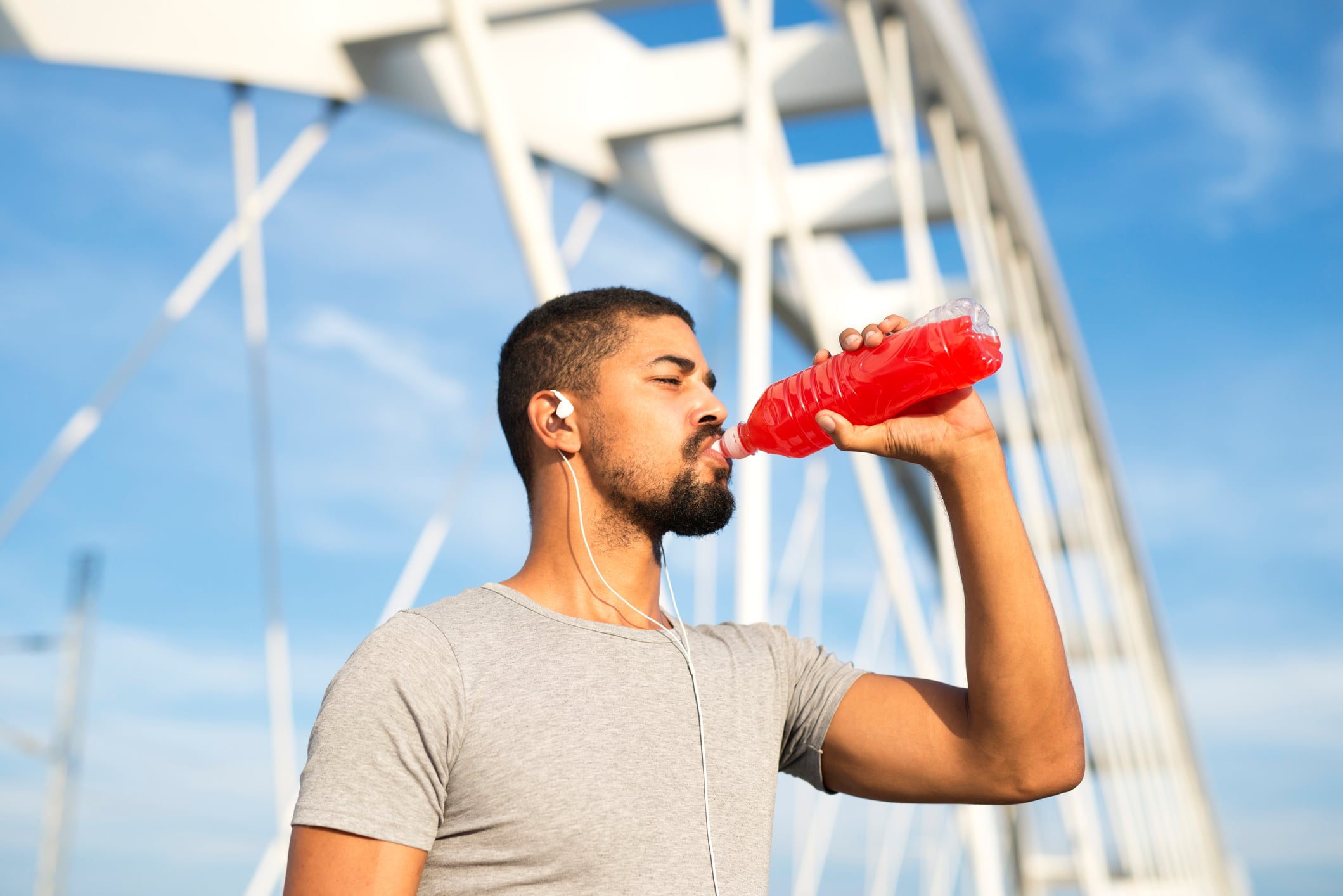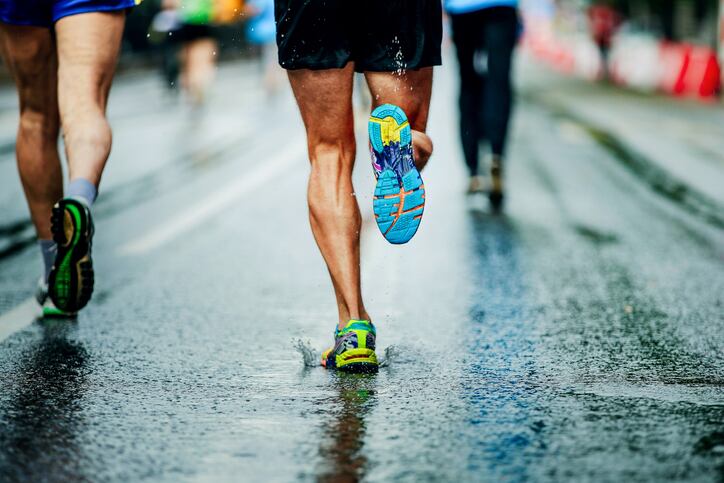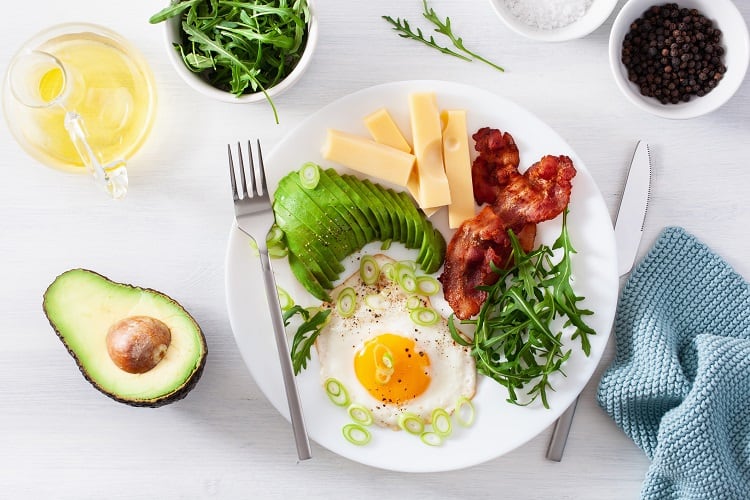Pacifists may find it hard to stomach but the link between new foods and warfare is a long one, from Ghengis Khan’s armies allegedly inventing the hamburger (his cavalrymen would keep meat under their saddles to form patties), to the inception of M&M's in the Spanish Civil War (the Mars founder had seen soldiers eating chocolate with a hard shell to stop it melting) to The Laughing Cow’s roots in World War I (the name was inspired by French army vans decorated with a cartoon of a smiling cow).
An army marches on its belly
The first ketone drink was created by scientists in the early 2000s to fuel troops in the US army. Professor Kieran Clarke at the University of Oxford and the late Doctor Richard Veech at the National Institutes of Health in the US were tasked to find a novel, energetically efficient food that would allow soldiers to maintain their physical and mental performance over five days on a battlefield.
In 2005, Professor Clarke founded DeltaG, which makes ketone drinks for ‘high-performing individuals to achieve new milestones in human performance’.

‘Miracle drink’
Ketone drinks have since been embraced by the world of sport. The Dutch team Jumbo-Vista, for example, has quickly moved up the ranks of world cycling thanks to its clever, though not uncontroversial, use of mixing ketones into drinks to boost performance, endurance and recovery. Ketones are not on the World Anti-Doping Agency list of banned substances and are allowed to be used. Some cycling teams, however, consider ketones an ethical grey area and refuse to use them.
Jumbo-Vista thrilled fans when it dominated last month’s Tour de France -- the biggest bike race in the world -- and its lead rider came within inches of winning the pinnacle of the sport. Could this success open the door to more mainstream consumers? Yes, Professor Clarke told FoodNavigator. "I believe everybody should be drinking ketones -- not just cyclists."
What are ketones?
Ketones are naturally produced in the liver when the body is running dry of carbohydrates. When the body is in this ‘ketogenic state’ these ketones offer the body something like an emergency energy source. (Similarly, the ketone diet works by restricting carbohydrate intake to provoke the body into ketone production, making it more efficient at burning fat for energy and helping a person manage their weight.) That’s why ketones in a drink can assist elite cyclists – by offering an exogeneous source of this energy supply.
“But ketones are not just for performance,” added Clarke. “They are really a brain food." The idea is that as the body turns fat into ketones in the liver, they can supply energy for the brain. Ketones, keto diets and intermittent fasting, therefore, all ‘really do have an effect’ on potentially everyone.
“Humans have evolved to survive without food for a while,” she explained. “There were always times of famine or hard winters where people didn't have enough to eat and that's why we have ketones. And now that people have plenty to eat they never produce any ketones so we don't ever have their beneficial effects any more… with everybody eating excessively or never going hungry, ketone levels are never very high and I think that's detrimental for the body.”
The taste test
While Clarke believes that ketones have the potential for mass appeal, the bad news is that their unpleasant taste is unlikely to foster their incorporation into everyday foods any time soon.
"They don't smell of anything, but they have a terrible taste,” she admitted. Pure ketones might also have a slightly oily texture when mixed with water. “When we first started out we thought we'd put it into bars and gels. They were just awful. With a drink you can just toss it to the back of the throat and swallow it. With bars and gels, you have to chew, and it stays in your mouth for a lot longer.”
Jumbo-Visma cyclist Laurens De Plus has said ketone drinks “taste like gin and tonic with a lot of imagination”. This might not be such a bad thing though, according to Clarke. "Some people say they like them - especially whisky drinkers.”
Scaleability is a pipe dream for now
Ketone drinks are also hugely expensive. “When we were first making it in the lab it was over 2,000 dollars for a kilo. Now it's ten times less but still people will have to drink an awful lot of it [to be scaleable],” Clarke said.
But there remains every reason why many laypeople would want to drink ketones regularly.
"We have evidence that it could be anti-ageing,” added Clarke. “It could stop you feeling hungry, so you could use it to lose weight. Some people drink it as an anti-inflammatory; some people with chronic lung disease such as asthma find that it helps.”
Meanwhile, mainstream consumers don't need the huge levels required by elite endurance athletes who are burning as much as 10,000 calories a day. "Someone who is reasonable sedentary really only needs a few grams of it. Anyone using it for chronic inflammation will only need 10 grams a day."
“I think in the end people will drink it as a daily tonic if the cost went down,” she added. “People buy a coffee for five pounds. If you can spend five pounds on a coffee every day you can spend five pounds on a tonic every day."




